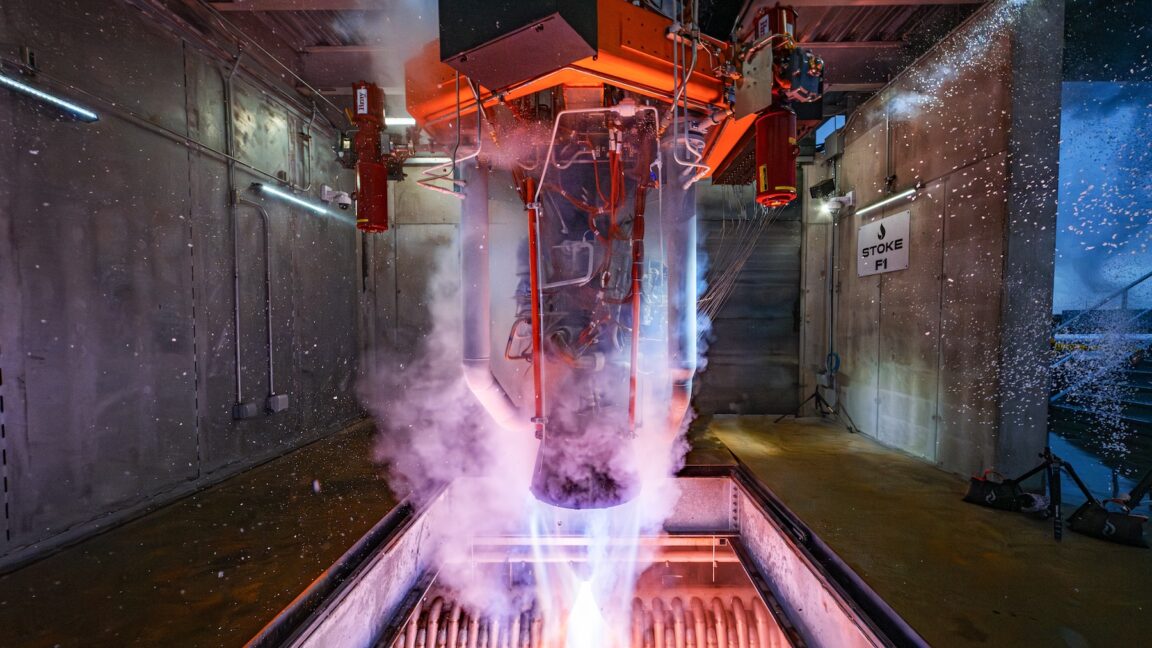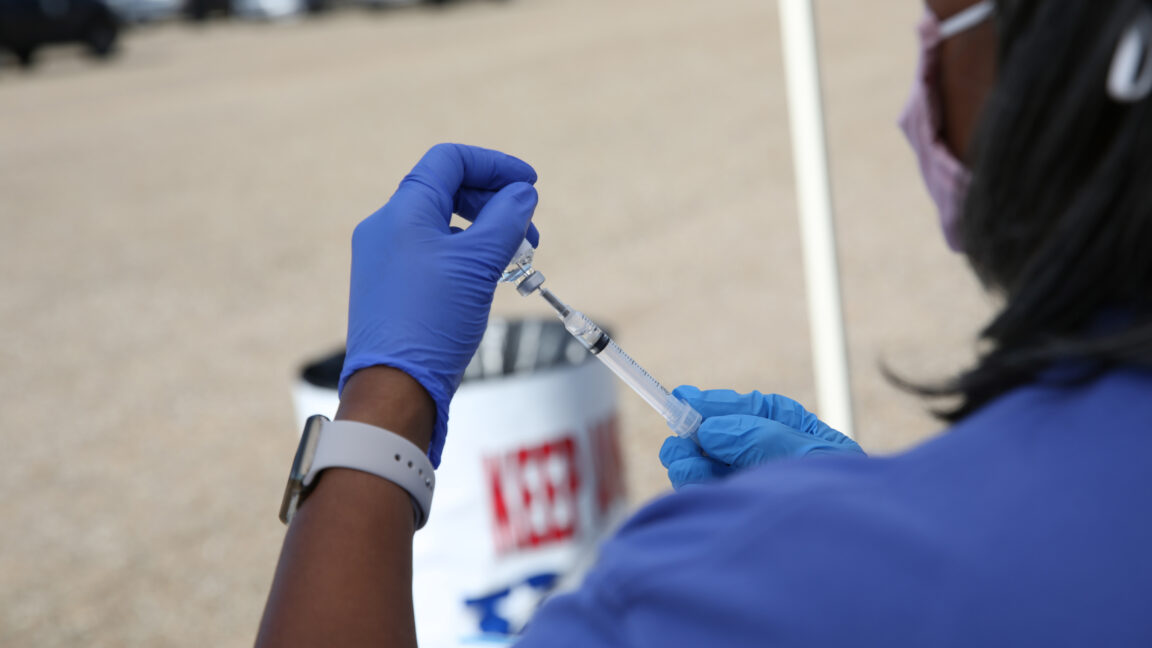Dip Recall Update as FDA Sets Risk Class

A veggie dip product has been recalled across Wisconsin due to "underprocessing".
The "River Valley Ranch & Kitchens Spinach Artichoke Dip Mix," produced by Wisconsin-based company River Valley Ranch, was recalled on December 19.
It has now been assigned a risk level by the U.S. Food and Drug Administration (FDA).
The dip was assigned a Class III risk level on January 22, which is the least extreme of the three risk categories given by the FDA.










